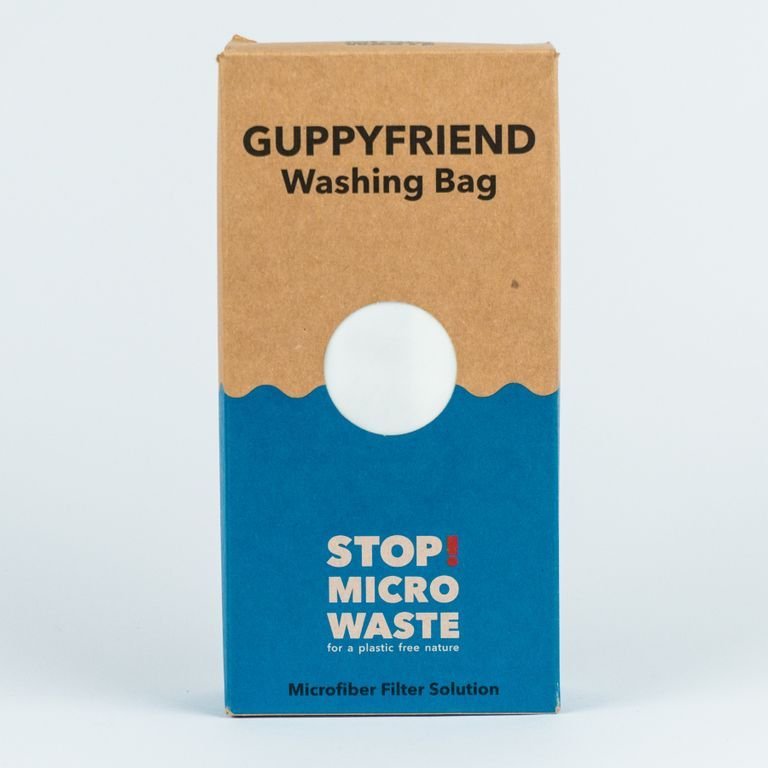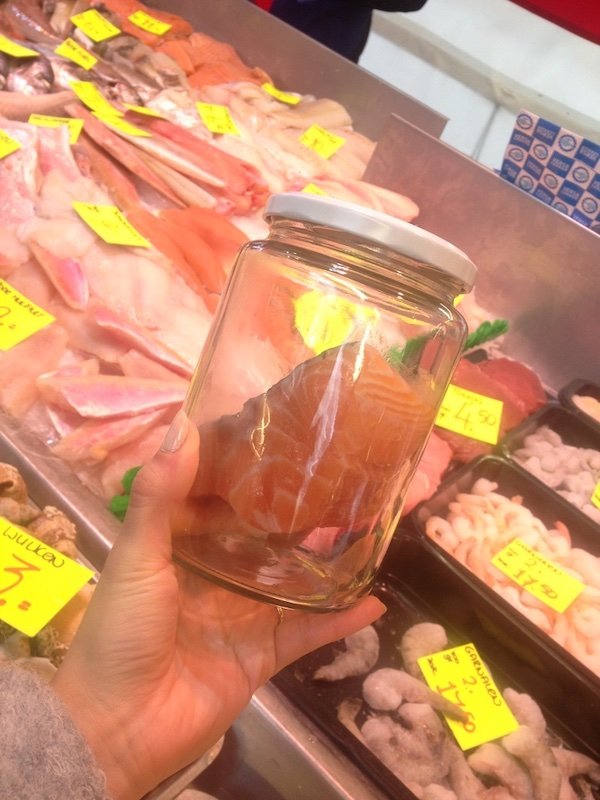Say No to Single-Use Plastics
What started as a challenge by Perth woman Rebecca Prince-Ruiz to encourage friends and colleagues to give up single-use plastic for a month ten years ago has since grown into a global movement. Over 320 million people across 177 countries have signed up for “Plastic Free July”. To help you be part of the solution to plastic pollution, here’s your complete guide to Plastic Free July.
What’s the Deal with Single-Use Plastics?
Single-use plastics are just that, single-use. They usually cannot be recycled as facilities do not exist to recycle them. After only a few minutes of use, they are headed to landfill. They clog up waterways and kill animals that mistake floating plastic for food. It’s estimated that more than 10 million tons of plastic is dumped into our oceans every year. Microplastics are also washing into our oceans and we ingest them through the seafood we eat. Research shows that humans are unknowingly ingesting around 5 grams of microplastics a week – that’s more than a teaspoon! Reason enough to join the challenge for Plastic Free July!
1. Say No to the Big Four
Plastic straws, disposable cups, plastic bags, and plastic water bottles are the pollution causing culprits here. They are usually only used for mere minutes before being unceremoniously thrown into the trash. But it’s their creation and disposal that causes harm. While they are incredibly convenient in everyday life, the Big Four are best avoided!

2. Organise Your Plastic Free Kit
It’s not as hard as it looks to give up the Big Four. Once you’re organised, you’ll be surprised how easy it is. Here’s how to put one together.
- Switch to a reusable coffee cup for your daily drink. Try ceramic, glass, silicone – the choice is yours!
- A silicon or metal straw can help avoid an ice avalanche in your face.
- Reusable produce bags are perfect to corral loose veggies.
- Avoid those disposable forks with a reusable cutlery kit. Or just make your own with utensils from the kitchen drawer.
- Pick up a stainless steel or glass container to get your meals on the go.
- Never pay for water again with a stainless steel water bottle.
- Throw all this into a reusable tote bag and you are well on your way to saving the world!
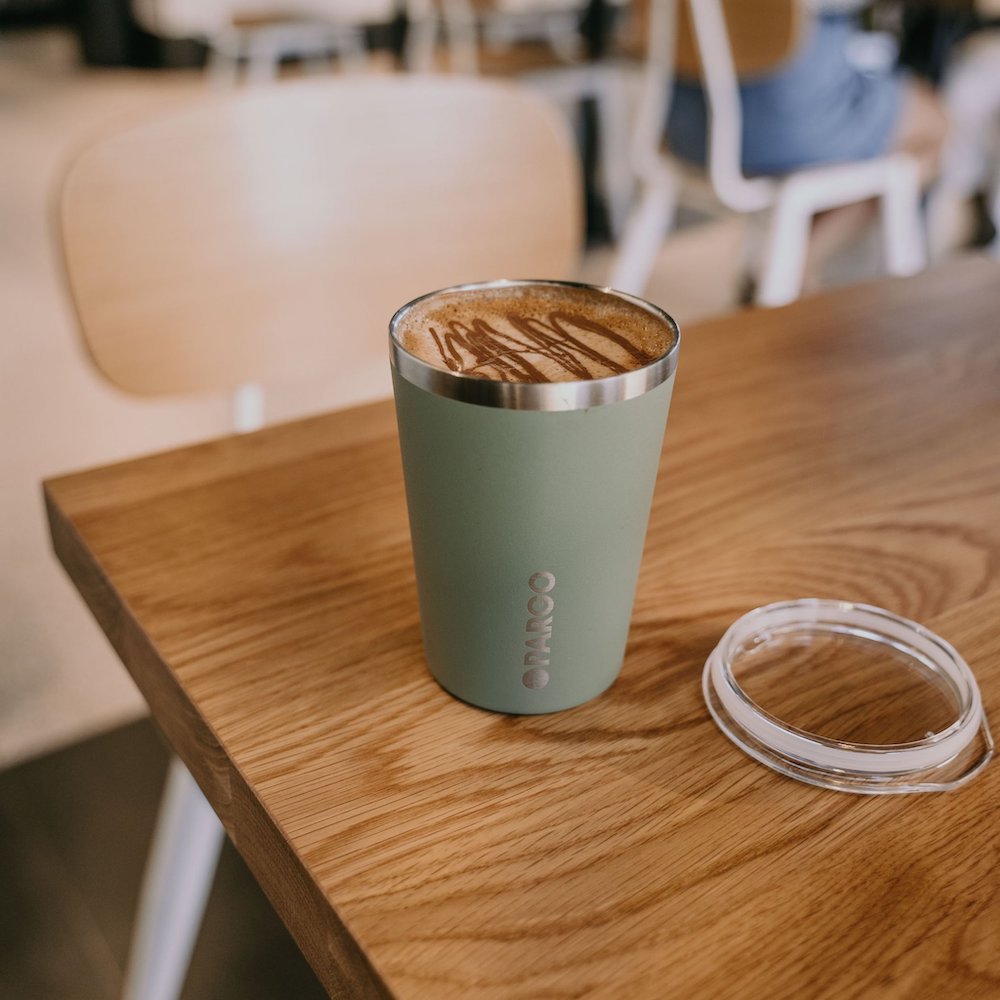
3. Prepare Your Kitchen
It’s amazing how much single-use plastic is generated in the kitchen. Try these handy tips to make your food last longer as well as ending your reliance on single-use plastic.
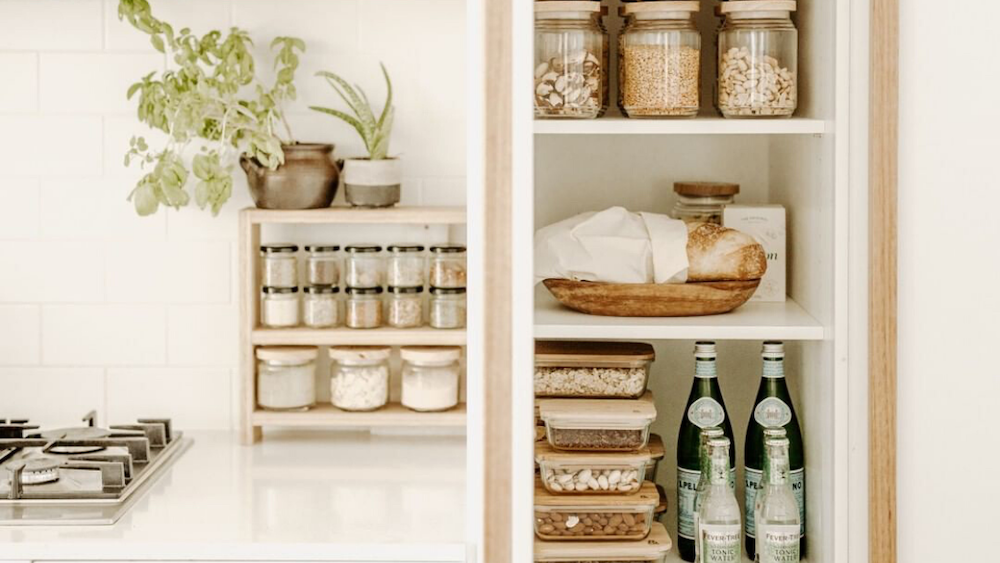
- Swap wax wrap for cling wrap.
- Reduce packing by visiting your local bulk bin store (Some Coles supermarkets now also have Scoop and Weighs).
- Purchase dishwashing liquid and dishwasher powder in bigger containers or refill at a bulk bin store. Or try a dish soap.
- Switch your plastic scrubby brush for a compostable, coconut one
- Store leftover food in glass containers for fast meals instead of takeaway.
- Compost scraps to avoid using a plastic bin liner. Use Share waste, purchase a worm farm or see if your local council has a food waste service.
- Drink loose-leaf tea with a tea strainer to avoid plastic tea bags.
- Make your at-home coffee plastic-free by using refillable coffee pods instead of plastic ones. Can’t let go of the plastic pods? Recycle them.
- Learn how to store food without using plastic properly to avoid waste.
- Line your bin with paper instead of using a plastic bag.
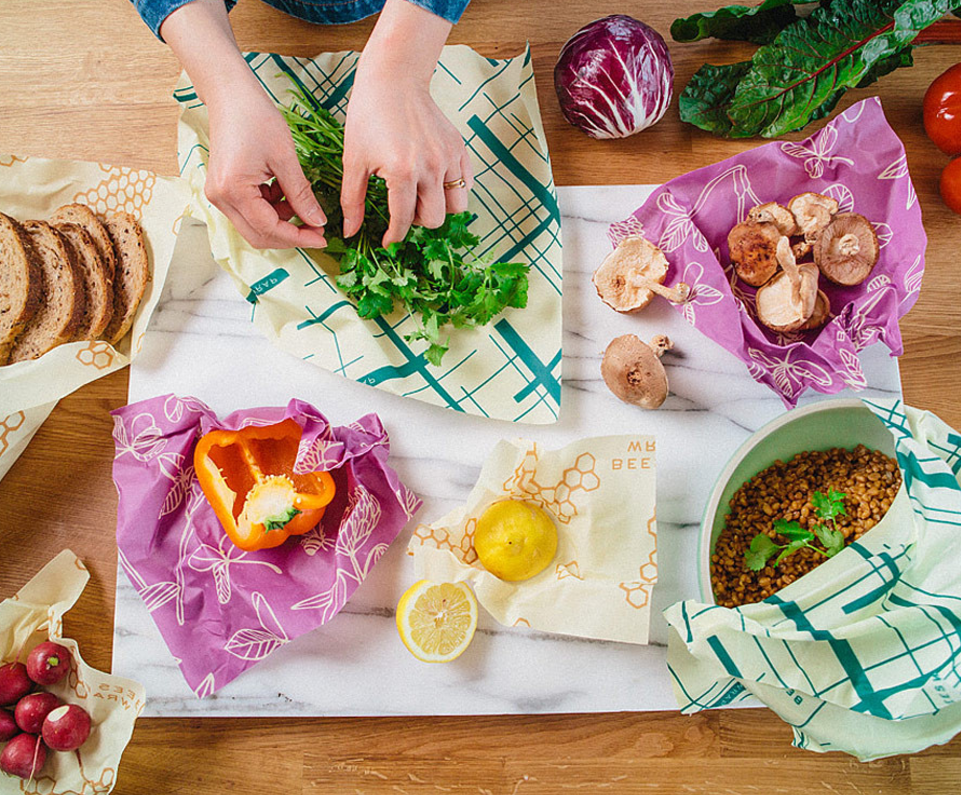
4. Audit Your Bathroom
Think it’s impossible to do without plastics when it comes to personal hygiene? Think again! Once you get the picture, it’s easy! It’s really just a matter of choosing a mindset. Maybe Plastic Free July isn’t so hard after all!
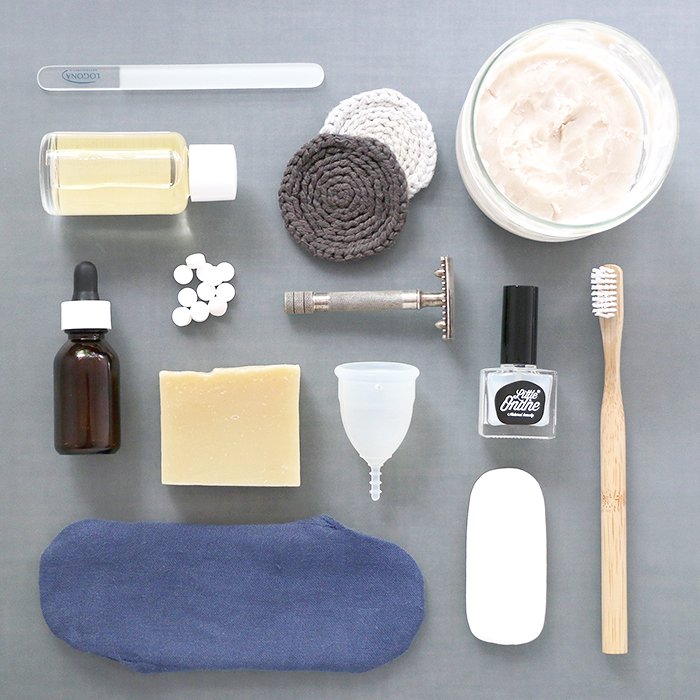
- Avoid plastic razors by shaving with a metal safely razor.
- Brush for the planet with a bamboo toothbrush.
- Make bar soap great again! Store any loose bits in a soap bag.
- Make periods easier with menstrual cups, reusable panty liners or period underwear.
- Refill your shampoo, conditioner, and body wash at the local bulk bin store. Or knock out the plastic bottle altogether with a bar.
- Bring back the bar for your deodorant too. Is there anything it can’t do!
- Earwax issues? Try wooden cotton buds or a silicon reusable version.
- Keep on flossing with a plastic-free version.
- Select toiletries in bamboo, metal, or glass containers.
- Recycle your empties with Mecca or Flora and Fauna.
5. Review Your Laundry
By the time you’ve reached the laundry, everything’s starting to fall into place. There’s even something that can be done to minimise microplastics from the washing machine!
- Use all-natural laundry detergent at your local bulk bin store or try soapberries.
- Wash up with Dirt Laundry. They minimise plastic by refilling your old pouches with detergent.
- Avoid using dryer sheets with some dryer balls for soft laundry. Better yet, ditch the dryer and save money on your energy bill.
- Avoid those annoying broken plastic pegs with stainless steel ones. Goodbye wasting money on useless pegs!
- Save micro plastic before they hit the ocean with a Cora ball or Guppy Friend bag.
- Once your plastic washing basket breaks beyond repair, replace it with a cane version.
6. Prepare for Your Visit to the Supermarket
- Bring your reusable bag! Use old totes or even an old plastic bag.
- Avoid those thin plastic produce bags with some reusable ones. Buy some pre-made or get handy with the sewing machine.
- Forgot a bag? Ask at the checkout for a box.
- Try to buy paper, glass, or tin packaging over plastic.
- If your favourite food comes in plastic packing, go for a bigger size. Share with friends if you can’t eat it all.
- Redcyle your excess plastic waste at supermarkets.
- Think twice before buying any unnecessary plastic-covered treats.
- Shop at your local bulk bin shop to avoid buying excess
- Switch to a farmers’ market for fresher plastic-free hauls.
- Join a local co-op for plastic-free bulk buying power.
- Bring along a bread bag for plastic-free toast.
Once you set your mind to it, it’s not so hard. Enjoy the challenge and feel great about going Plastic Free in July!
This guide to Plastic Free July was first published in 2021.
Written by: Jenna Flood

Jenna is a Slow Fashion Stylist Known as the Ironic Minimalist.
Jenna earned a Masters of Styling at the Australian Style Institute and along with Cocktail Revolution has been published in the websites of ASI, Ethical Clothing Australia, and has had her styling work shown in Flanelle and Moss Magazines.
Like this? then you’ll also like: The True Cost of Fast Fashion also written by Jenna Flood.

